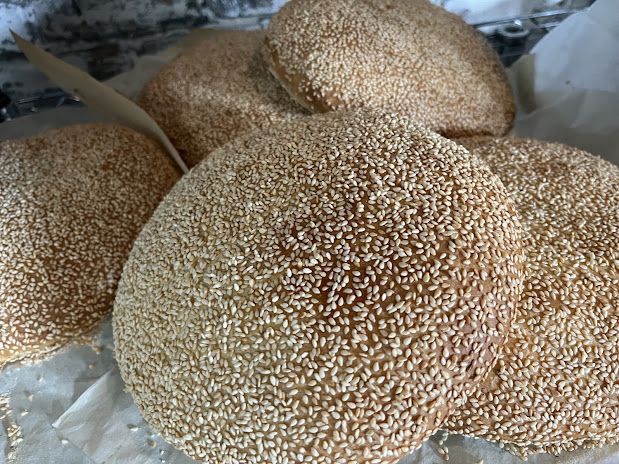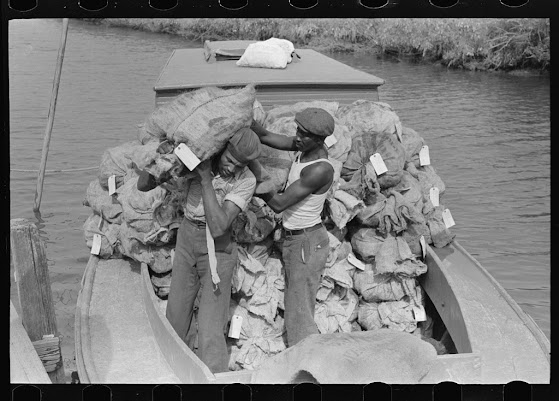Indigenous Fishing Communities
Indigenous Fishing Communities
Indigenous fishing communities in Louisiana have a long and storied history, deeply rooted in the state's natural environment and cultural heritage. Native American tribes in the region have relied on fishing as a vital source of sustenance and have developed rich traditions related to fishing and water-based resources for millennia .
- Pre-European Contact: Long before European contact, indigenous peoples in Louisiana, including tribes like the Chitimacha, Houma, and Choctaw, practiced fishing as a central part of their subsistence. They utilized nets, traps, weirs, and various fishing techniques to catch fish, crustaceans, and mollusks from the abundant waterways in the region.
- Traditional Fishing Practices: Native American tribes in Louisiana had a deep understanding of their local ecosystems, including the seasonal patterns of fish migrations, water levels, and the breeding habits of various species. This knowledge was passed down through generations, contributing to sustainable fishing practices.
- Cultural Significance: Fishing held significant cultural and spiritual importance for indigenous communities. It was often intertwined with their ceremonies, stories, and rituals. Fish played a role in the diets of indigenous peoples and was a part of their daily life.
- European Contact: With the arrival of European colonists and settlers, there were significant disruptions to the indigenous fishing way of life. European colonists introduced new fishing methods, introduced non-native species, and imposed regulations on fishing activities that impacted native communities.
- Challenges and Displacement: Indigenous fishing communities faced numerous challenges, including land loss, cultural assimilation, and forced relocation. The establishment of reservations and other government policies altered their access to traditional fishing grounds.
- Continued Resilience: Despite these challenges, indigenous communities in Louisiana have continued to engage in fishing and water-based activities. Many have adapted to modern fishing practices and continue to emphasize the cultural significance of fishing in their communities.
- Legal Recognition and Restoration: Efforts have been made to recognize the fishing rights of indigenous communities and to restore their access to traditional fishing areas. Legal battles and negotiations with state and federal governments have been part of this process.
Today, indigenous fishing communities in Louisiana are an integral part of the state's cultural heritage and continues to contribute to the rich tapestry of Louisiana's fishing culture. The history of indigenous fishing is a testament to the perseverance of these communities in maintaining their cultural traditions and connections to their ancestral lands.



Comments
Post a Comment